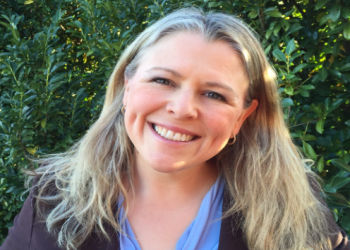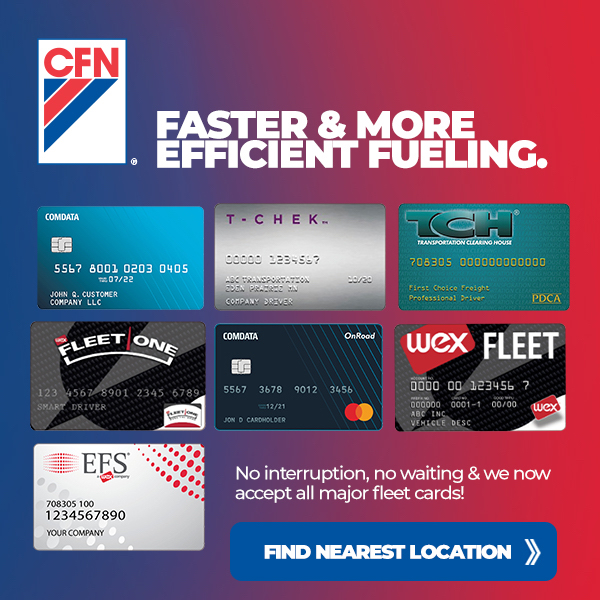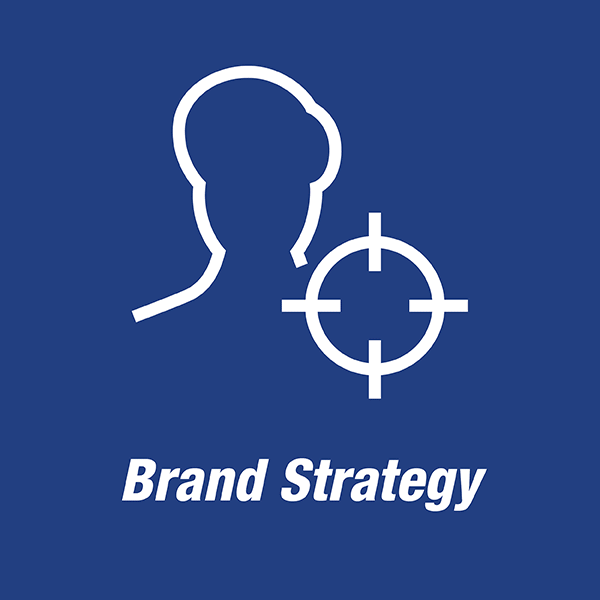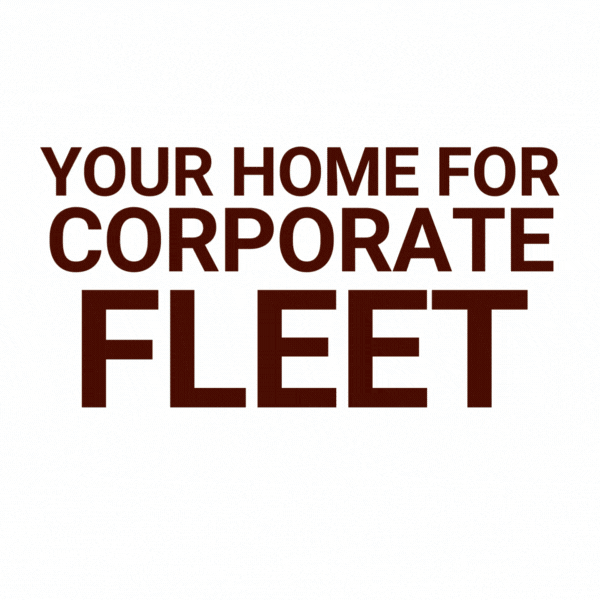
By Sarah Sheldrick
Conflict can be a functional tool for a better workplace environment. Conflict covers a vast spectrum of disparate relationships: it can range from mere disagreement to war. There can be conflict between individuals and institutions, or between governments or nation-states.
Conflict, when dealt with effectively and functionally, can improve relationships and makes us stronger and more confident.
1. Conflict is inevitable. It will happen. There is no way you can have a workplace environment that will not experience conflict. Workplace rules and procedures are in place to help resolve conflict when it arises, but they cannot prevent conflict from occurring.
2. Not all conflict can be resolved. Communication cannot solve all conflicts; in fact sometimes communication can make things worse.
3. Words are not the only way we communicate. Nonverbal communication can convey a different message than our words, often involuntarily. Obvious non-verbal channels may include the tone of our voice or eye behavior. Less obvious and equally powerful is the pause we take before we choose to communicate. This pause can range from mere seconds to hours to days.
If things have become too emotional and everyone has moved into defensiveness, a cooling off or time out period can be beneficial. However, this only works functionally if you have created a structure for this in advance.
4. Conflict is an aspect of culture and environment. The way someone deals with conflict has deep roots into culture and communication traditions. Most of us aren’t aware how this affects our day-to-day choices.
5. Conflict can be handled in a functional way. It is possible for conflict to create a feeling of accomplishment and teamwork that can integrate a work place.
With this understanding of conflict, we can take steps to turn conflict into a transformative experience.
1. Define the problem. To do this right you need to take a moment to define the problem from your perspective. However, once done don’t assume that it is the problem. Identify the key players in the situation and listen carefully to how they define the problem. It is likely that your perspective is different, maybe even wrong. Be ready to accept that. In fact, be ready to embrace that.
Each person experiences the world based on their place in the world. Power, gender, race, age, religion, etc. all impact our experience of the world and influence how we define the problem. This is true for others, so get to know the people you are working and work to understand their perspective.
2. Define the goal of the group. Time to take out that mission statement, dust it off and make it relevant. You have a problem. You have a goal. Next is finding the missing pieces that connect them together. You hired good, thinking people who can work to develop solutions together.
3. Make sure everyone knows everyone’s role. Are people clear what their individual job is and what is the chain of communication in the workplace? Problems come up when management singles out one person because they are efficient and capable. Management asks them to do something and then it gets done. So easy! Unfortunately this very capable person gets put into an isolating role in the group because they get spread over too many areas. Stepping on the toes of people who thought that that was their job. Resentment builds and quality work starts to be sacrificed. Not a team.
4. Compromise is not your friend. Compromise is often held up as the holy grail of resolving conflict, The advantage of compromise is that it helps keeps things in motion. However, there are hidden dangers in compromise. A true compromise is that no one gets what they want. Over time this tends to isolate people into separate factions. Small groups and alliances grow in opposition to each other in the workplace. Each group develops their own definition of the problem and their own goal.
Then the conflict becomes a battleground. Trenches are dug. Management is spending more time figuring out how to choose sides or coming up with a completely separate choice so no one gets their way. Then resentment builds against management. Compromise is a quick fix to solve immediate problems, but creates long term ones.
5. Collaboration is your friend. A collaborative workplace still has conflict but something happens where the conflict becomes transformative. The people involved in the conflict no longer see themselves in opposition to each other, but as partners in developing solutions that meet the defined goal. There is an experience of one team solving one problem. This takes time and a unique leadership style that is in harmony with the culture of the group.
Sarah Sheldrick has a Master’s of Arts degree in English and Communication. She is an instructor at Oregon State University and has been teaching in the Communication department for the last eight years.
She also works with the Institute of Water and Watersheds at Oregon State. She is the filmmaker for the successful documentary film Water Before Anything. Movie posted online at the WaterChannel.tv
http://www.thewaterchannel.tv/media-gallery/1891-water-before-anything-crisis-and-transformation-umatilla-groundwater?category_id=769




